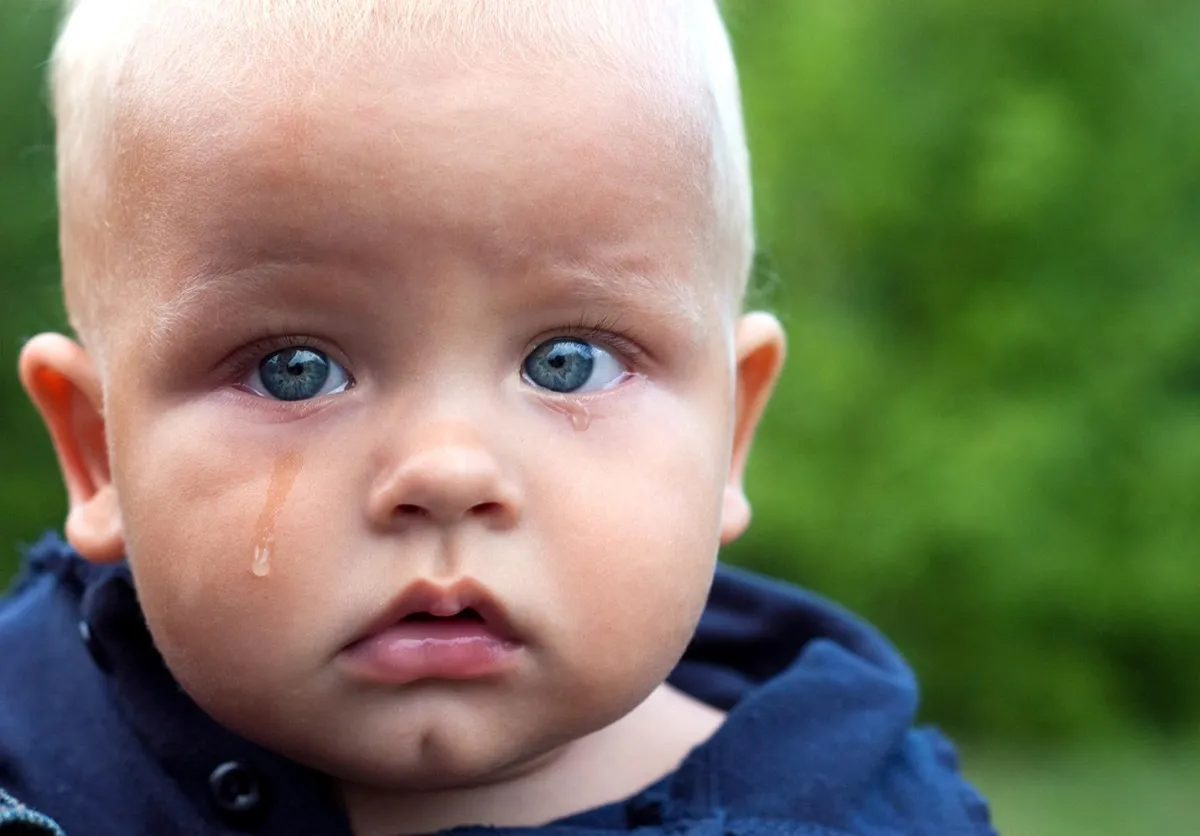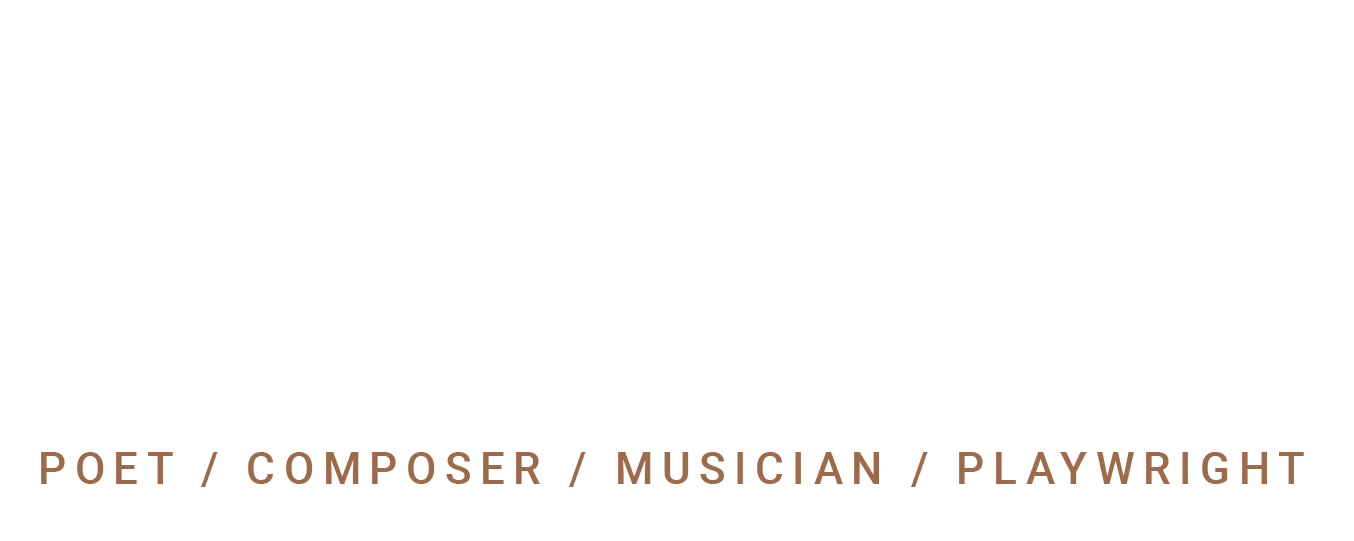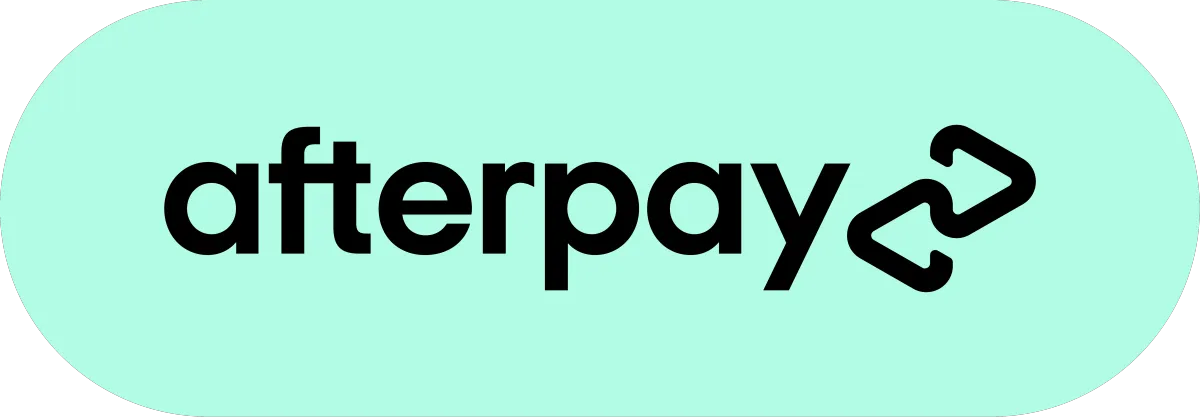Blog

Mummy Issues and the Obscenity of Forgiveness
Beasts live amongst us camouflaged as plausible human beings. Many of these beasts are parents and often mothers, which is all the harder to bear as mothers are the first connection. Infants and then toddlers are helpless and if they can’t connect with an adult they die. Poor mental health, intergenerational trauma, poverty, substance use and depression impairs the capacity of a parent to provide the care infants need. Without it developmental insults start to accumulate which in turn affects the organisation of the developing brain. Infants are hard wired to seek connection to an invested and nurturing adult whose job is to provide structure, routine and predictability. And love.
An infant’s environment powerfully shapes its relational templates and informs how future relationships are predicted to operate. It also informs the way we interpret and navigate the world. It is important that these templates are laid down early because if the world and other humans are hostile then the brain needs to prepare for that; an example: a baby in a crib cry’s to gets its needs met. It may be hungry, or cold, or wet etc. If an adult, usually a mother does not respond or responds only occasionally then the baby gives up and stops crying because it is using up too much energy to survive without having its needs met. Think also of the instance of a struggling mother responding to an infant but when she does she handles it roughly in her irritation and frustration. What will the infants view of the world be? Likely that the world is hostile and adults cannot be trusted to attend to a child’s needs and that this adult who is supposed to be the point of safety is actually the point of danger.
This is a good thing to know. If the world and other people are so hostile and unloving the infant needs to prepare for that by focusing on potential threats especially relational threats. The reverse case is that as the infant develops into a toddler and then a pre-teen etc. it starts to notice, as its awareness builds, that the world isn’t as threatening as supposed, and it starts seeing exceptions to its own experience through social learning or social media, or TV. As it develops, the child then, is likely to form the view that the problem is them. It is they who unlovable and unwanted and that is why they are treated so poorly. It is quite predictable to see how the future dynamics of personal relationships will play out.
And then there are the cases of parents who, as the child gets older, swaps physical abuse and builds on their unlimited resources to use emotional manipulation to inflict psychological damage. The fist is replaced by manipulation. For these beasts spite and cruelty become a delicious and piquant hobby while the hapless child then adult hangs onto that dismal hope that the parent will change. But people rarely change and so it continues as the victim experiences the stress of years of trying to appease the aggressor. Until they don’t.
Some writers propose that forgiveness is possible, although, conditional on repentance. But how do you know the repentance is genuine? And that after decades of appalling behaviour how could not this repentance be seen as anything more than another cunning manipulation. Repentance is only possible for people who have the capacity to change and the motivation to make good on the damage caused. But how can they ‘make good’ ? Have you over for dinner, apologise, and then recommend that we now ‘move on’.
Other writers believe that the solution and the way to get ‘closure’ is for the victim forgive the perpetrator and that forgiveness is somehow an empowering act for the victim. This is better than, so the argument goes, bottling up years of petty humiliations and psychic lacerations. This bottling up, they say, will only harm yourself. They roll out inane phrases such as ‘holding resentments is like drinking poison and expecting the other person to die’. This is again just a recognition that the perpetrator cannot change and that the psychological lesions and bruises can only be healed by appeasement. Seriously, wouldn’t it just be easier to just thank them for the abuse and be grateful you survived? This is a slave’s mentality. Where there is no justice then withholding forgiveness is the only weapon left. Withhold your forgiveness and send the perpetrator into the wilderness of isolation and silence. Their punishment is to deprive them of the pleasure and opportunity to cause more harm. Send them off with this message:
Do you think I have so little respect for myself that I would forgive the cruelties meted out to me?
Love my words?
Stay inspired! Subscribe to my newsletter for poetry, up-coming events and creative insights
— straight to your inbox!








